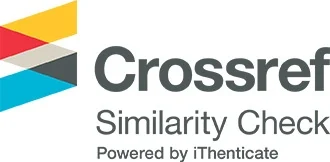Chemical Composition and Antibacterial Activity of Libyan Propolis
DOI:
https://doi.org/10.65137/lmj.v10i2.259Keywords:
Propolis, Phytochemicals, Antibacterial activity, Libya, Natural productsAbstract
Propolis, a natural resinous substance collected by honeybees, exhibits diverse biological activities due to its rich phytochemical composition. This study aimed to characterize the chemical profile of Libyan propolis and evaluate its antibacterial efficacy. Samples were collected from local beehives, extracted using ethanol and methanol, and analyzed via spectrophotometric and HPLC methods. The propolis contained Carbohydrates (405.97 mg/g), Tannins (17.5 mg/g), Flavonoids (112.28 mg/g), Phenols (50.25 mg/g), Alkaloids (24.20 mg/g), Saponins (20.50 mg/g), proteins (202.97 mg/g), crude Lipids (23.9%), crude Fiber (11.7%), and Ash (9.43%). The Ethanolic Extract Demonstrated significant antibacterial activity against Staphylococcus aureus, methicillin-resistant Staphylococcus aureus (MRSA), and Pseudomonas aeruginosa, with inhibition zones comparable to gentamicin. These findings highlight the potential of Libyan propolis as a natural antimicrobial agent.
Downloads
Published
Issue
Section
License
Copyright (c) 2025 Lebda Medical Journal

This work is licensed under a Creative Commons Attribution-NoDerivatives 4.0 International License.









